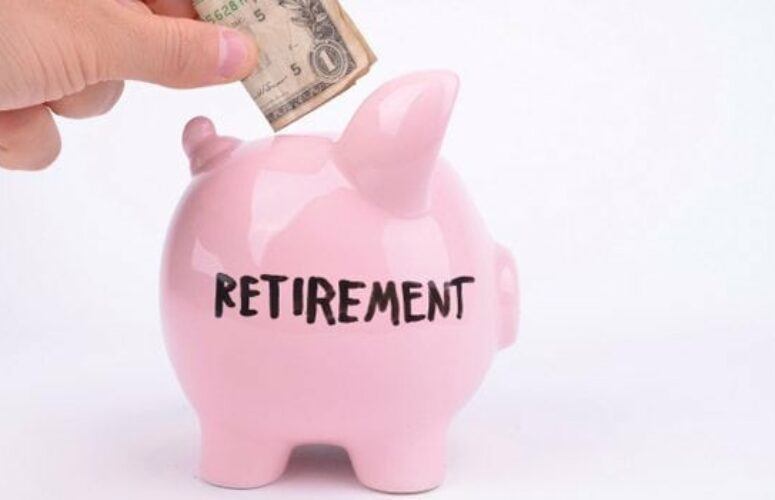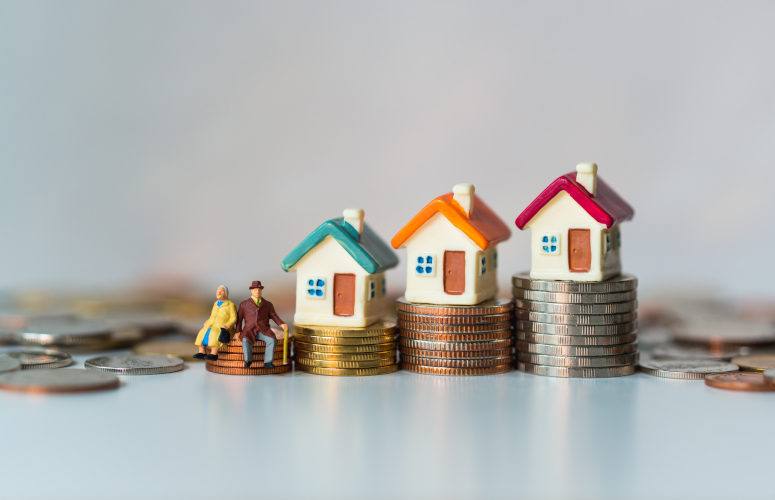
Survey: People Are Reducing or Halting Savings/Retirement Contributions
On Mar 28, 2023Provident Bank has released results from its 2023 Consumer Spending Survey, which polled 1,000 adults living in the U.S. to determine how consumers are adjusting their personal spending, saving and travel habits.
The findings revealed that 73% of Americans are cutting back on non-essential purchases and travel as the cost of essentials like groceries, utilities, household expenses and rent remain at an all-time high.
Despite efforts to cut back and save (11% of those polled eliminated all non-essential purchases), 78% have either reduced contributions or stopped contributing completely to their savings/retirement account(s).
“Many individuals in the U.S. have been impacted by inflation, and while we’ve seen they are making conscious efforts to spend less, it’s important for bankers to have conversations with their customers on how they can best help them to manage their finances during these challenging economic times,” said Anthony Labozzetta, president & CEO, Provident Bank.
The results of this survey show a disturbing trend in the cost of living for the average American. An earlier survey conducted by Provident in June of 2022 exhibited significant expense, with 53% of respondents reporting spending between $100-500 or more per month on groceries — that percentage has now risen to 63%.
The most commonly cited spending adjustments included canceling subscriptions and entertainment streaming services and reducing the frequency of dining out and/or takeout purchases. Survey respondents also reported cutting back on drinking alcohol, while others quit smoking entirely. Additionally, those polled said that buying generic over name-brand products and turning the thermostat down were ways to offset price increases due to inflation.
Travel adjustments — whether routine or vacation — included rescheduling or cancelling vacation plans, limiting air travel and utilizing public transportation.
Despite rising costs, there is optimism looking forward. Fifty-seven percent believe their personal finances will improve in the next 12 months.
Additional Survey Findings
- Of the 1,000 survey respondents, 43% said they are unwilling to pay more for goods or services that have a positive impact on climate change.
- 70% reported swapping regular grocery/consumer goods purchases for less expensive alternatives.
- 17% of respondents noted no personal savings ($0.00); while 31% (31.40) reported having between $1.00 and $1000.00 in a personal savings account.
- Of those with $0 in their personal savings accounts: 78% said they have made cuts to personal spending this year; 82% are contributing less or not at all to their retirement savings account(s); and 33% are using their credit cards more frequently.
- Of those with between $1.00 and $1000.00 in a personal savings account, 55% believe they will be better off financially a year from now.
- Of the 42% of respondents that noted having between $1,000.00 and $25,000.00 in a personal savings account, 46% shared that inflation and increased cost of living have caused them to contribute less to savings or retirement accounts.
- 78% of consumers said they are not planning on purchasing a home in the next 12 months and 63% do not plan on buying a car in the next 12 months.
- Of those who are planning on purchasing a home, 81% expect to pay asking price or below. Of those who are planning to buy a car, 83% expect to pay sticker price or below.
To access more business news, visit NJB News Now.
Related Articles:





